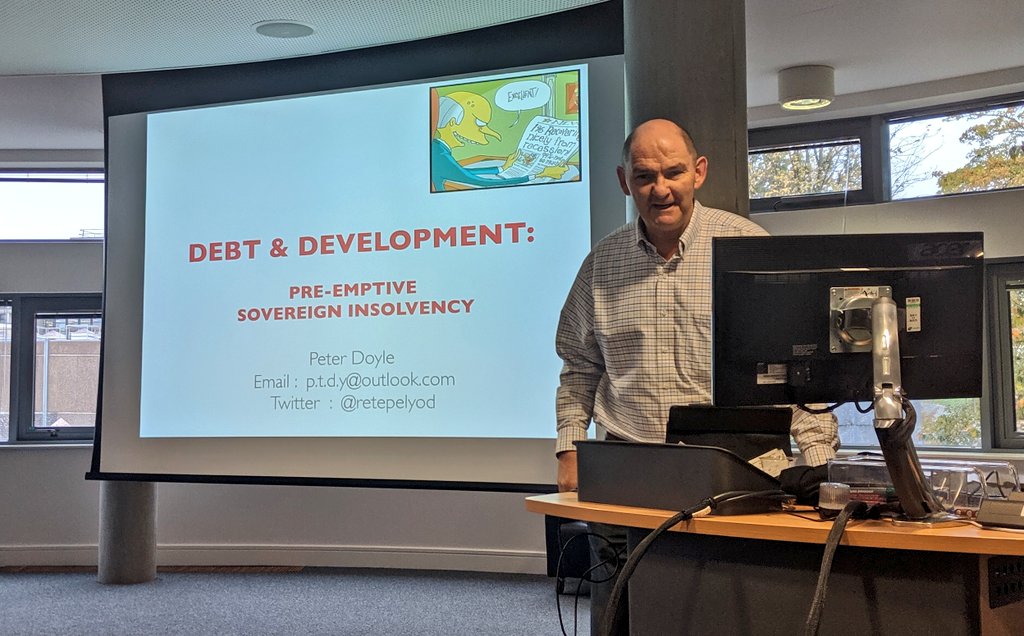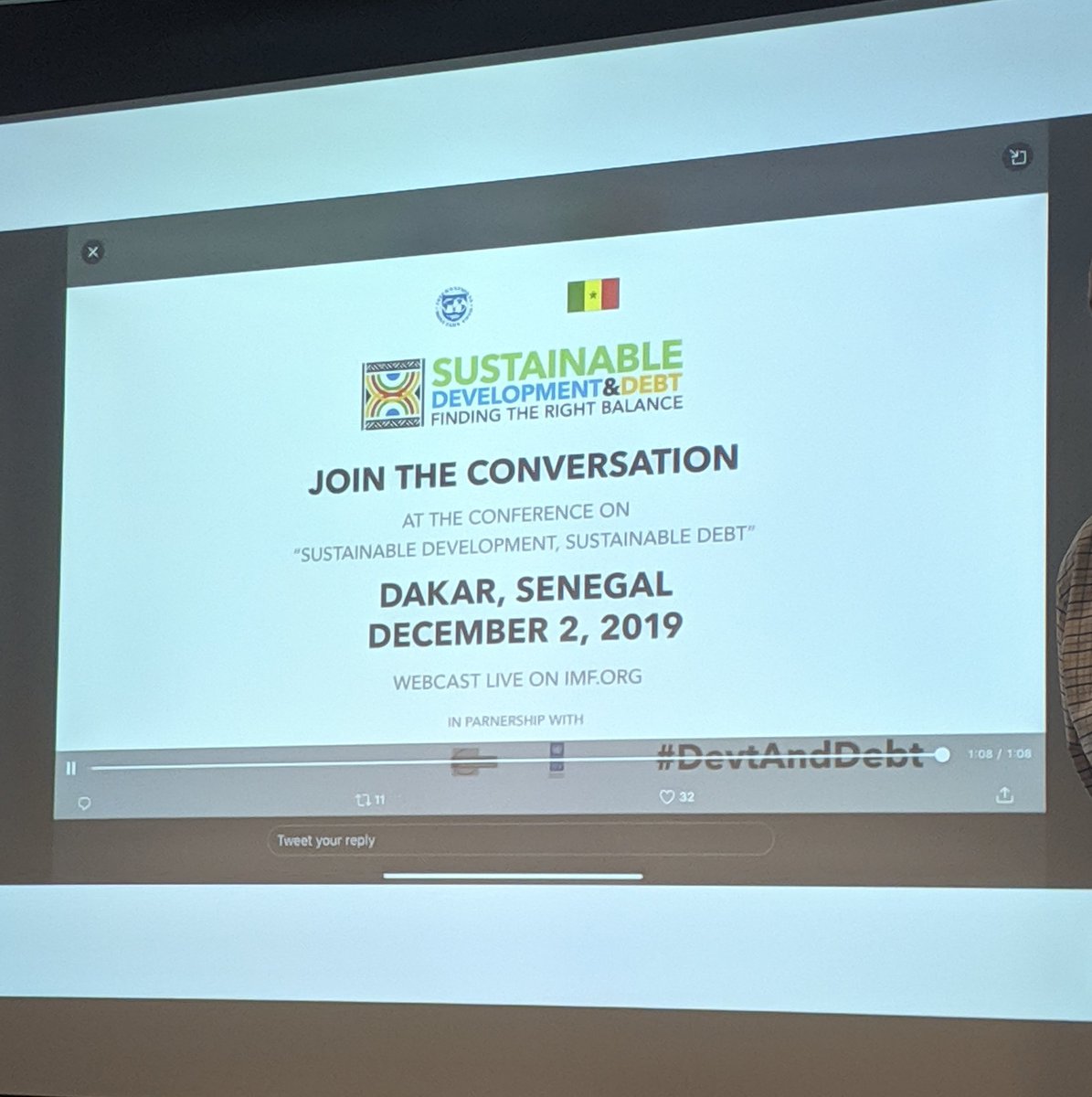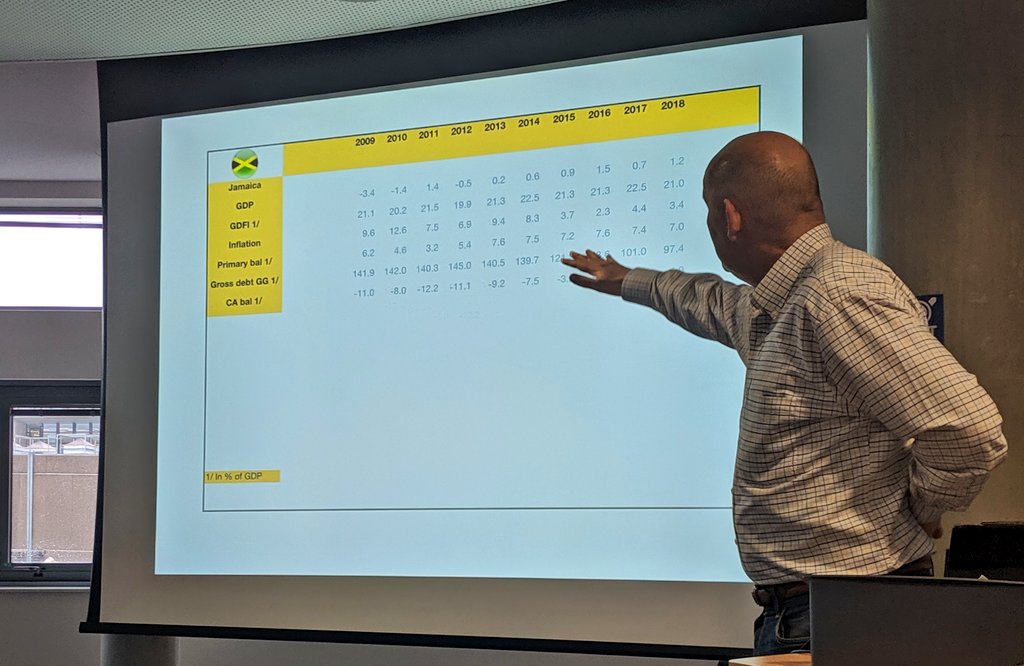I unpack the critiques of the work of Banerjee, Duflo & Kremer and offer some of my own reflections.
Thanks @L__Macfarlane for publishing!
opendemocracy.net/en/oureconomy/…
1) effects on individuals and households are not separate from the societies in which they exist
See e.g. a replication of Duflo and others by @BedecarratsF
iree.eu/publications/p…
thewire.in/economy/some-q…






